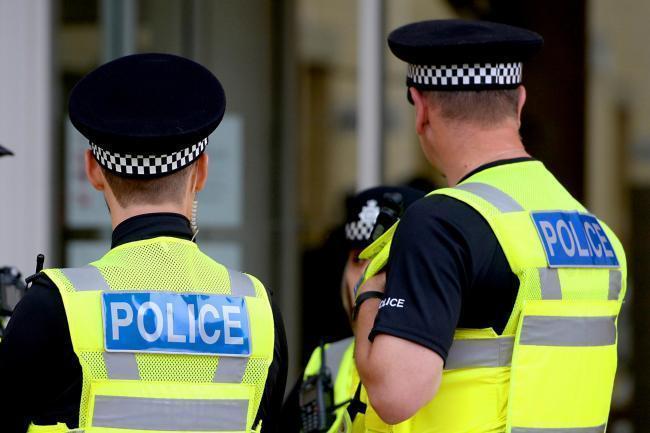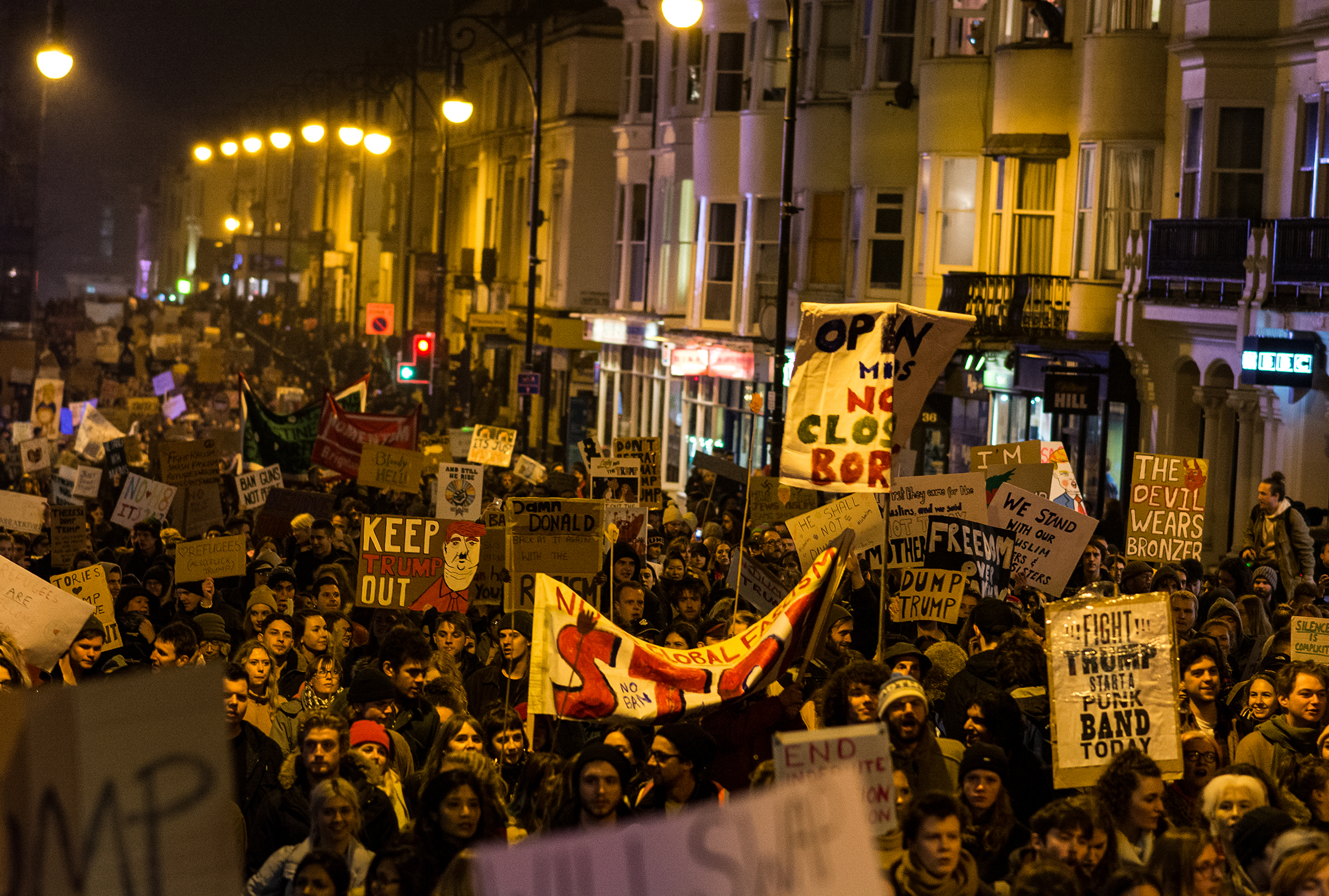Words by Billy Stack, Staff Writer
A Home Office report published on Thursday November 18th revealed a 24% rise in the use of stop and search orders by the police between April 1st 2020 and March 31st 2021, compared to the previous year.
According to the official government website, a police officer has the power to stop and search an individual only if they have “reasonable grounds” to suspect the individual is carrying illegal drugs, a weapon, stolen property, or “something which could be used to commit a crime” with an officer legally having to state what they expect to find before a search can take place. 69% of all stoppages during the year surveyed were related to the suspected possession of drugs, an increase of over a third on the previous year’s data.
Though existing in some form in the U.K. since 1824 (originally known as the sus law), debate over the efficacy and effectiveness of stop and search procedures has been at its most widespread since the publication of a report by the College of Policing in 2014. The report claimed that evidence of increased police power correlated with lower crime rates was “inconsistent” and “weak.”
The disproportionate use of stop and search on ethnic minorities has long been raised by opponents of greater police power, never more so than in the wake of last year’s mass Black Lives Matter protests. The data, covering England and Wales, showed that Black people were roughly 7 times more likely to be stopped and searched than their white counterparts, with 32% of stops and searches being conducted on “males aged 15-34 from a BAME background” despite this group only comprising 2.6% of the population of the area surveyed.
Another significant finding was the regularity with which stop and search was used on under 19s, with 208 searches being carried out per 1000 BAME males during the period examined (higher than for any other ethic, gender, or age group) and roughly 70 per 1000 white males. However, the report is ambiguous as to whether this is predominantly due to the same individuals being searched multiple times rather than more individuals being stopped.
Many in policing have defended the increased use of stop and search, saying that it remains a vital tool in limiting the spread of knife crime, county lines drug dealing and shoplifting, with the disproportionate number of young men from ethnic minorities being searched simply being a reflection of who is likely to be on the streets in high-crime areas.
In response to the report’s predominantly negative reception in the mainstream media, a Home Office spokesperson assured critics that the government firmly believed that “No one should be targeted for stop and search because of their race and there are extensive safeguards to prevent this.”
Despite the Home Office’s official position, the National Police Chiefs’ Council’s chair Martin Hewitt, who first pledged to improve police relations with Black communities at a coronavirus news conference in March, spoke of a “deeply concerning” “confidence gap of 10% to 20%” between ethnic minorities and the national average regarding interactions with the police.
The Home Office however shows no indication of changing laws surrounding how stop and search is conducted, and will publish a report on the use of other police powers such as breathalyzer tests on December 14th.





